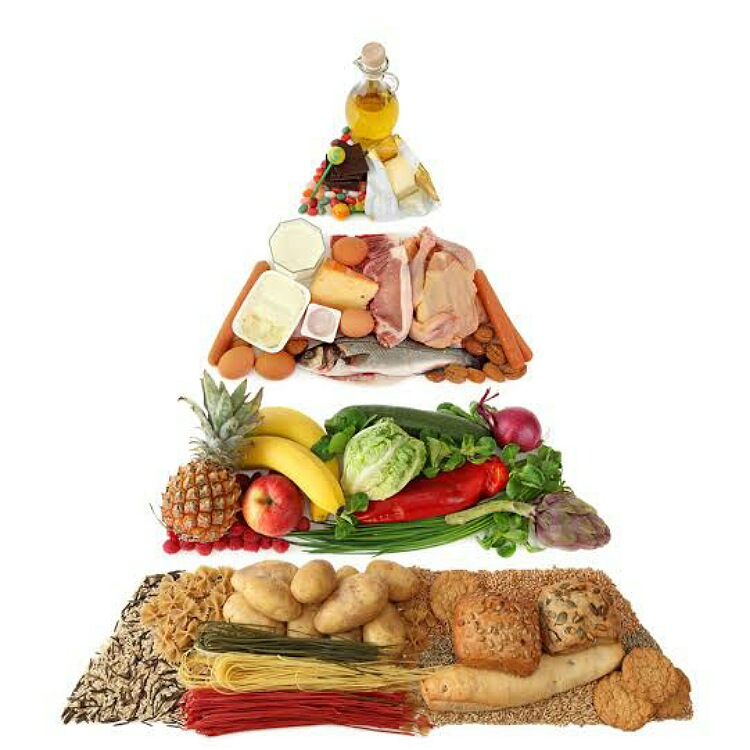The nutritional needs of older adults are different. It changes overtime. They need a balanced and healthy diet and an active lifestyle. Here are some tips on how to eat at that advanced age in order to meet the changed nutritional requirements.
Older adults and nutritional requirements
Human beings have different nutritional requirements based on age, gender, activity levels, climatic conditions etc. As we age, our nutritional needs change. You might require more of certain nutrients and less of other nutrients.
For instance, elderly people need more fiber and more calcium in their foods. Moreover, their need for protein and vitamin D also rises. To replenish the depleting muscle mass, protein in sufficient amounts is a must.

Moreover, elders go out less and vitamin D production with sunshine lessens. Hence they require vitamin D supplements for the weakening bones.
For healthy aging and for raising life span and quality of life, certain foods consumption should increase in older adults. These individuals need an active lifestyle and wholesome and balanced eating. Here are some tips on how to meet the nutrients demands of that age.
Foods to eat
The most important thing to remember for elderly population is to have good foods from each food category. This would assist in prevention of chronic diseases such as those of the heart, arteries, pancreas, and kidneys. Fruits and vegetables are rich sources of vitamins, minerals, antioxidants, and fiber and ard therefore extremely useful for this age group. Use pre-cut portions of them if chopping them is a challenge.
Elderly people should opt for foods with low saturated fats, low sugars, and low sodium. All these three food ingredients are not good for health and can precipitate various chronic illnesses. The elders should consume sufficient proteins to overcome age-related muscle mass loss. Have seafoods, fatty fish, dairy products, and soy fortified foods. Incorporate more of lentils, pulses, legumes and whole grains in the diet. Protein supplements are also available for this age group.

Use herbs and lemon juice more as this cuts down on needs of salt. Stay hydrated with lots of water. But avoid sugary drinks. Have foods that are fortified with vitamin D and B12 such as breakfast cereals and the like. Lessen intake of processed foods.
Meal planning
Plan meals in advance. Try to take the healthiest food from each food category. Planning ahead can lead to nutritious eating. It can also reduce the chances of spending a lot on foods. Budget friendly choices are best made in advance with mindful spending. Try to lessen preparation time especially because you are the lone consumer of that food. With age, joint aches and pains rise and preparing foods could pose hurdles.

Read also: 8 soft and nutritious foods best for elderly people with no teeth!
Prepare comfortable seating arrangement while cooking. Always calculate calories you take daily. If you find it difficult, involve a dietitian who will guide and supervise your eating and improve your lifestyle and food choices.